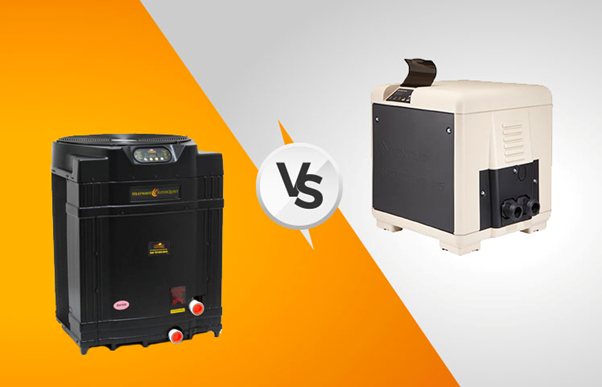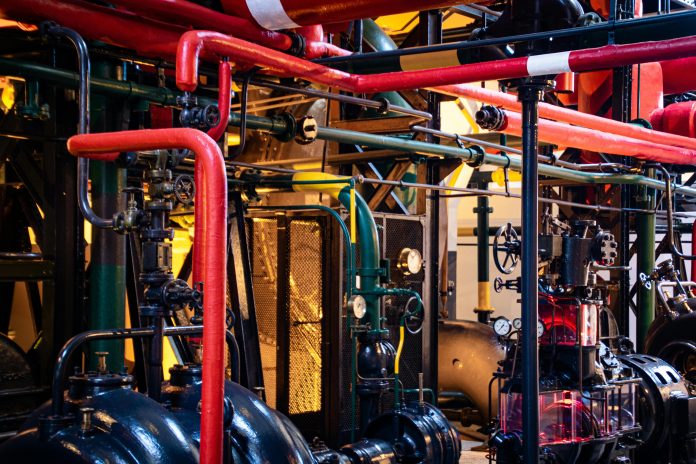
When it comes to enjoying your pool year-round, having a reliable and efficient heating system is essential. Two popular choices for pool heating are heat pumps and gas heaters. But which option is the best for you? In this blog post, we’ll dive into the world of pool heating and compare heat pumps with gas heaters, so you can make an informed decision.
Heat Pumps: Harnessing the Power of Nature
Heat pumps are an eco-friendly option that harnesses the natural warmth of the air to heat your pool. They work by extracting heat from the outside air, intensifying it using a compressor, and transferring it to the pool water. Heat pumps require electricity to operate but are known for their energy efficiency. They are best suited for moderate climates where the temperature doesn’t drop significantly.
Advantages of Heat Pumps
- Energy Efficiency: Heat pumps are known for their high energy efficiency. For every unit of electricity they consume, they can generate several units of heat. This efficiency can save you money on your energy bills in the long run.
- Environmentally Friendly: By using the ambient air as a heat source, heat pumps have a minimal impact on the environment. They don’t burn any fuel or emit harmful greenhouse gases, making them a greener choice compared to gas heaters.
- Cost-effective in the Long Run: Although heat pumps may have a higher upfront cost compared to gas heaters, their energy efficiency can save you money in the long term. Lower energy consumption means lower operational costs over the lifespan of the unit.
Gas Heaters: Quick and Powerful Heat
Gas heaters, on the other hand, rely on natural gas or propane to generate heat for your pool. They burn fuel to warm the water rapidly, allowing you to enjoy your pool even during colder weather. Gas heaters are often the preferred choice for pools located in areas with colder climates.
Advantages of Gas Heaters
- Quick Heating: Gas heaters can raise the temperature of your pool water quickly, allowing you to enjoy a warm swim in a short amount of time. They are ideal for heating pools on demand or for special occasions when you want immediate warmth.
- Suitable for All Climates: Unlike heat pumps, gas heaters can effectively heat pools in any climate, including regions with extremely cold temperatures. If you live in an area with harsh winters, a gas heater might be the better option for you.
- Lower Initial Cost: Gas heaters generally have a lower upfront cost compared to heat pumps. If you have a limited budget or plan to use your pool sporadically, a gas heater could be a more affordable choice.
Choosing the Right Option for You
When deciding between heat pumps and gas heaters, there are a few factors to consider:
- Climate: If you live in an area with mild winters, a heat pump can efficiently maintain your pool temperature year-round. However, if you experience freezing temperatures, a gas heater might be a more suitable option.
- Energy Efficiency: If long-term energy savings and environmental impact are important to you, a heat pump is the greener choice. While gas heaters are effective in heating your pool quickly, they consume more energy and produce greenhouse gas emissions.
- Upfront Costs vs. Operational Costs: Gas heaters have a lower initial cost, but their ongoing fuel consumption can lead to higher operational expenses. Heat pumps may have a higher upfront investment, but their energy efficiency can save you money in the long run.
Both heat pumps and gas heaters have their merits, and the best choice depends on your specific needs and circumstances. Heat pumps offer energy efficiency and eco-friendliness, making them ideal for moderate climates, while gas heaters provide quick and powerful heating for colder.






